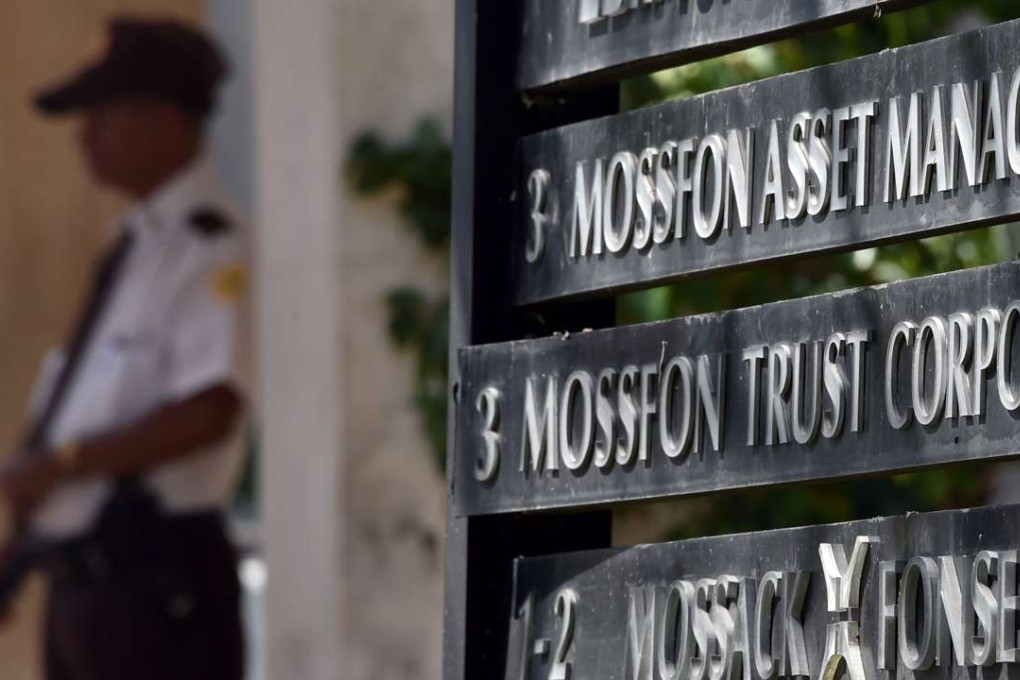The View | Whistle-blower protections needed in HK to help weed out illegal activities
Protecting and even rewarding whistle-blowers has proven effective in other jurisdictions

Last month the US securities regulator awarded US$17 million to a corporate whistle blower whose information resulted in a successful enforcement action. Hong Kong, which relies on short-sellers, anonymous tipsters and activists such as David Webb to expose corporate malfeasance, has never encouraged such truth-telling by insiders. Never mind that whistle-blowers are not granted financial incentives for spilling the beans, they don’t even get statutory protection from reprisals that may result from their actions.
This is about to change, albeit within the tight confines of the Competition Commission and its “leniency” policy toward whistle-blowers who reveal illegal cartel activity. As the anti-trust watchdog prepares to flex its powers, attention will focus on the circumstances leading to a whistle-blower action. As a meeting agenda item in Hong Kong board rooms, “could it happen here?” will ensure that minds are focused.
Under the leniency policy, cartel participants who engage in illegal activity such as bid rigging, but come clean, may claim immunity from penalty. The catch is this protection only applies to the individual who breaks cover first. This classic “prisoner’s dilemma” problem creates the incentive for a cartel member to act in haste and repent at leisure. In addition, a condition of leniency is that the whistle-blower—who may be a business owner but also a director, officer or regular employee—must make full and timely disclosure and provide continuous cooperation.
The hope is that this policy helps the authorities penetrate back-room collusion that allows prices to be fixed and contracts to be won at uncompetitive rates. Similar leniency schemes have proven successful in other jurisdictions and there is no reason to think Hong Kong will be different. Success will be judged by successful cartel-busting operations, but also if it helps change behaviour as firms refrain from such activity in the first place for fear of being caught.
Success in this narrow field of competition law may spur Hong Kong more generally to rethink its approach to whistle-blower protection. At present there is no comprehensive law to shield individuals who risk losing their jobs and becoming the brunt of retaliation should they inform on corporate infringements. The US in contrast built such protection into the Sarbanes-Oxley Act of 2002 and the DoddFrank Act of 2010, the latter arming the Securities and Exchange Commission (SEC) with the power to reward informants who substantially assist in an investigation.
The reward for whistle blowers packs a potent punch as they can be given up to 30 per cent of the total financial sanctions levied on corporate miscreants. The US$17 million award paid last month is the SEC’s second-largest to date since the Whistleblower Program was launched in 2011. To date, more than US$85 million has been paid out to more than 30 whistle blowers.
